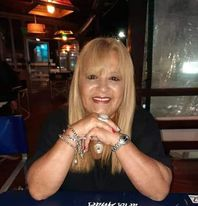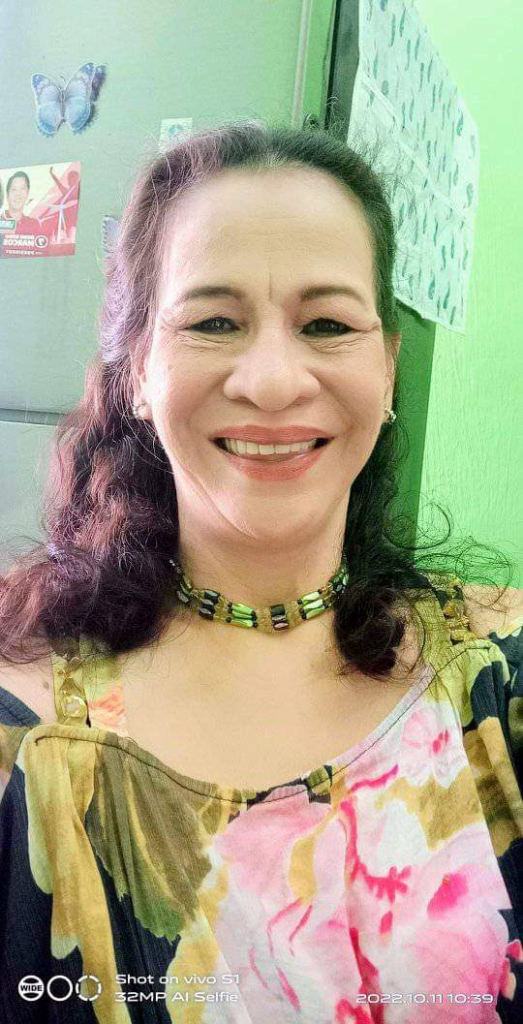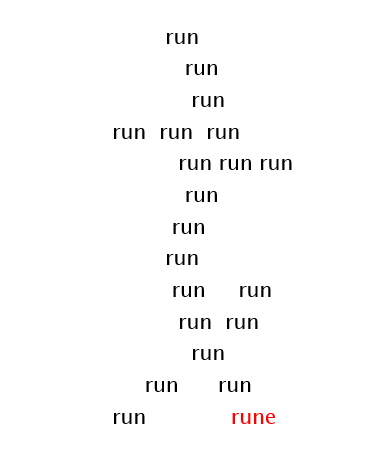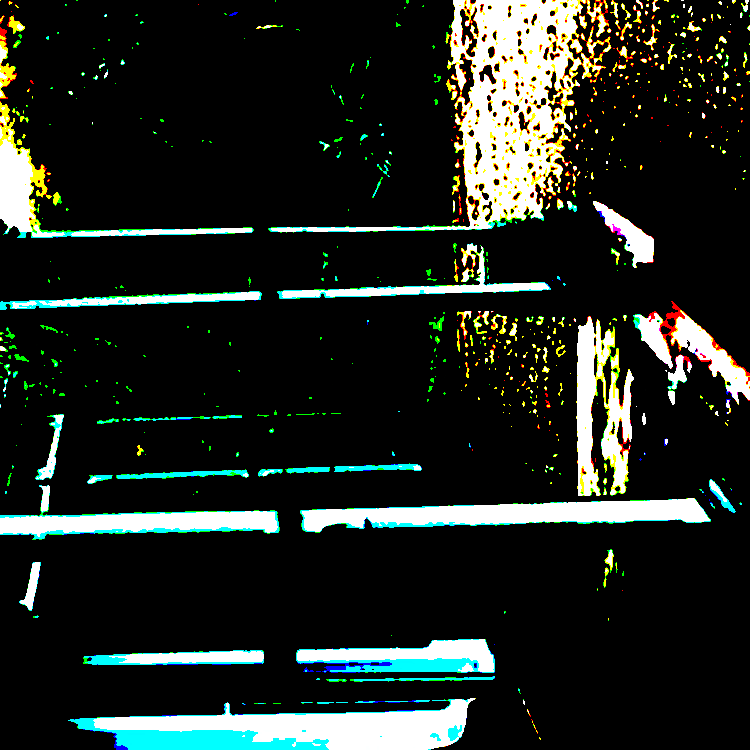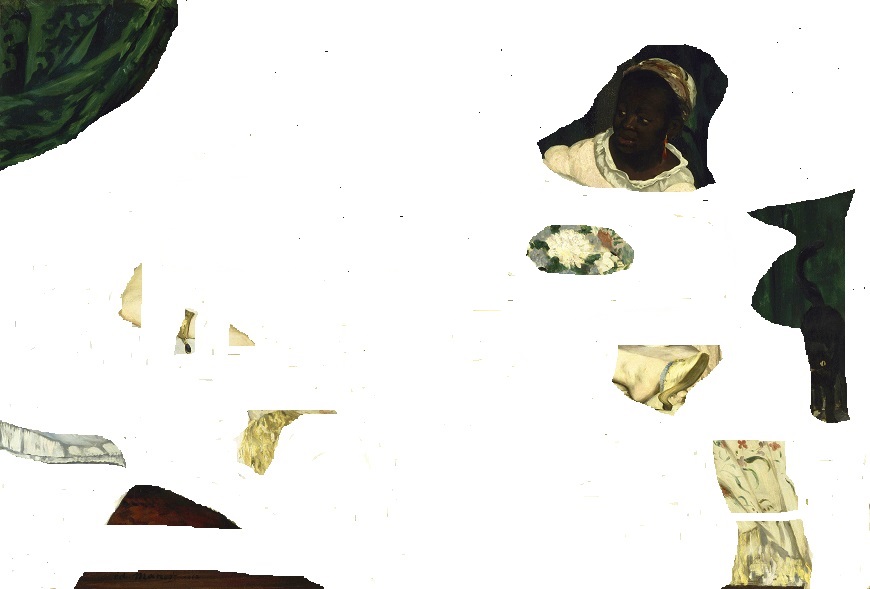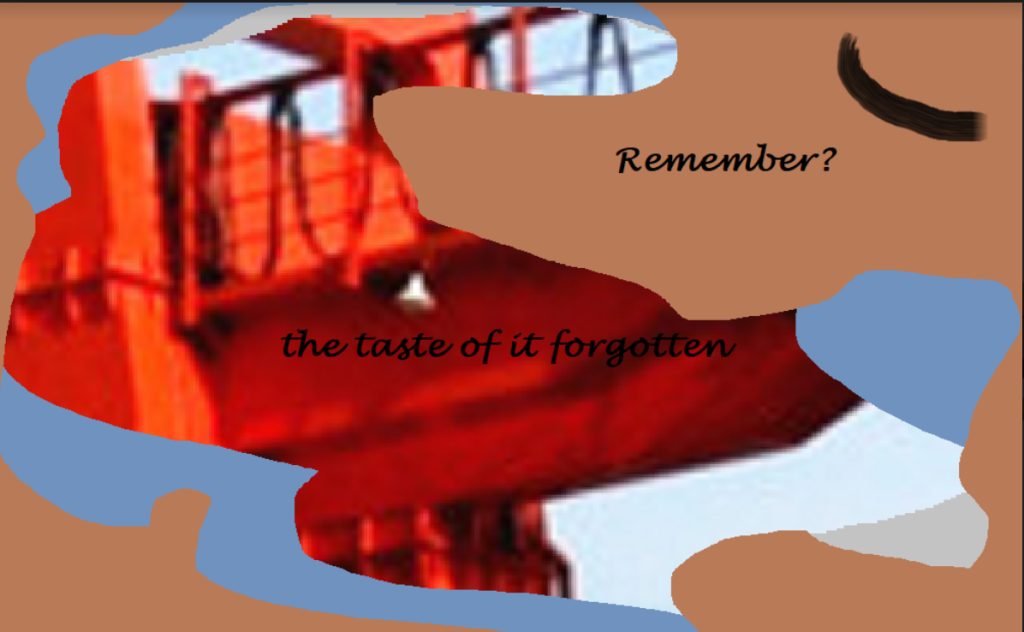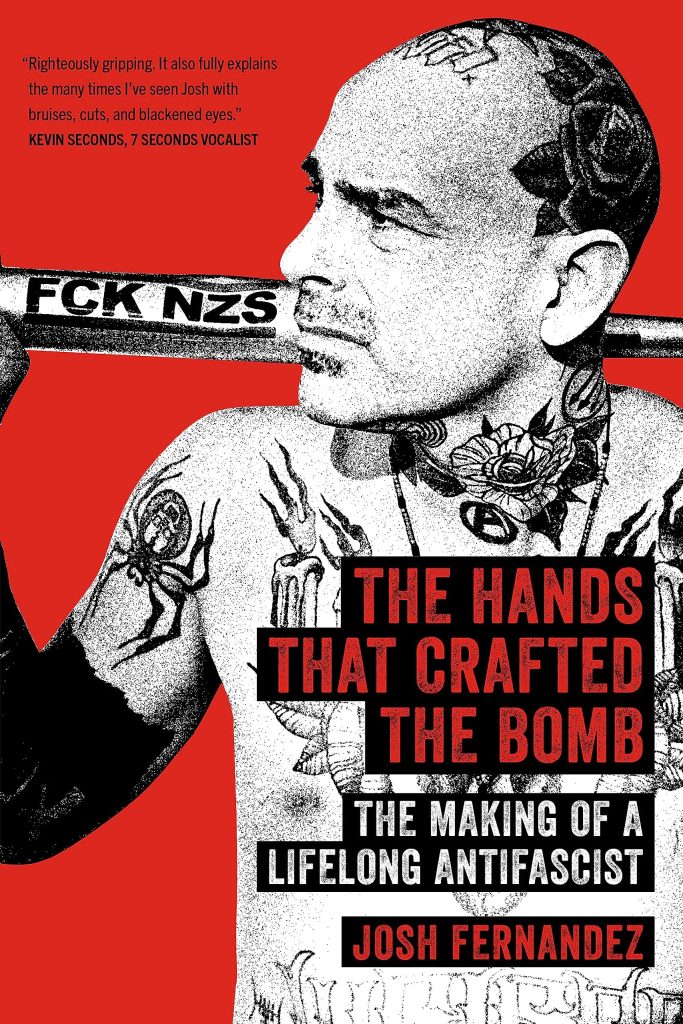
Reviewed by A. Iwasa
What’s it like to be an antifascist college professor facing termination for “soliciting students for potentially dangerous activities” while military recruiters have free range on your campus?
If you’re generally critical of academics, one thing you’ll have to understand about Josh Fernandez is that he’s hated teachers his whole life. If you have any doubts, in this book Fernandez will take you back from fighting the community college bureaucracy he works for over their Campus Antifascist Network, Bash Back! and an off campus Antifascist Fighting Club he hosted, to the kindergarten classroom of a certain Mrs. Clark. Though Clark maybe a changed name or composite character, you’ll get the drift.
Like many anti-authoritarians forged in post-industrial schools and equally dysfunctional families, Fernandez lays it all out going back and forth in time from his adult struggles to his wild upbringing. Many people say one or both of their parents were crazy, but Fernandez’s biological father actually was. I’m not trying to imply this an inherently bad thing, just a reality people frequently don’t take for the actual weight of the situation.
You’ll steadily follow Fernandez down what seems to me the well trodden paths of juvenile delinquency, but I think they’re largely the only ways to have any agency when you’re 12-15 years old or so in our society.
Skate boarding and punk rock fandom start to balance things out a bit for Fernandez, along with some relatively healthy family life aspects as a well intentioned step father enters his life.
The adult narratives move around in time also, back in time in the case of the day of Trump’s selection by the Electoral College when Fernandez attended a comically bad conference on diversity and education that day in 2016.
The youthful account contains a first hand telling of the show a Nazi stabbed Aragorn from Little Black Cart at. I was shocked to read Aragorn’s roommate at the time, Paul, died the next day from a Nazi inflicted stab wound at that show.
A lot of young people seem to think this kind of brawling is all fun and games, and need to know these sort of stories. Aragorn told me once he considered this part of his life to have been a waste of time, though I didn’t know any of the specifics until after he died.
The Hands that Crafted the Bomb is full of brutal truth that frequently borders on Too Much Information. Though some accounts like this strike me as bragging or bravado, I’m strongly under the impression that Fernandez is just being painfully honest. From the lows of physically fighting his bio father to trying speed, to the highs of becoming a father himself or punching bigots in the face; all the cards are laid out, good and bad alike. Frankly, if Fernandez or his editors held anything back, I DO NOT want to know what it is!
Eventually working out in general, running in particular, college and 12 Step Meetings come into play as Fernandez gets it together in a somewhat conventional manner, without selling out. But staying sober (and possibly employed or sane even) continues to be a daily struggle.
By Part 13, a part of the Investigation narrative at his work named “How to Say ‘Fuck You,'” Fernandez recounts one of the more recent and infamous antifa action in California, and a talk he had with Aragorn at the time. Like talking with me around then, he told Fernandez it was a “Waste of time.” Knowing what I know now about Aragorn’s youthful antifascism, it’s a conversation I wish I could have been a part of.
Later Fernandez ponders the bitter irony of being threatened with heavy charges for militant antifascism, when really people should be getting awards for it.
I don’t want to spoil it all for you, so please pick it up if you find this at all interesting. I’ve sometimes wondered if hooliganism is simply baked into the coming of age of most young men. If it is, I suppose at least some of us got on the right side of the barricades back in the ’90s and it was nice to read a lengthy, personal, and perhaps most importantly self critical account of someone who stayed true to their youthful, antifascist roots.
You can read more about Aragorn here: https://crimethinc.com/2021/02/13/remembering-aragorn-a-poem-and-a-zine


